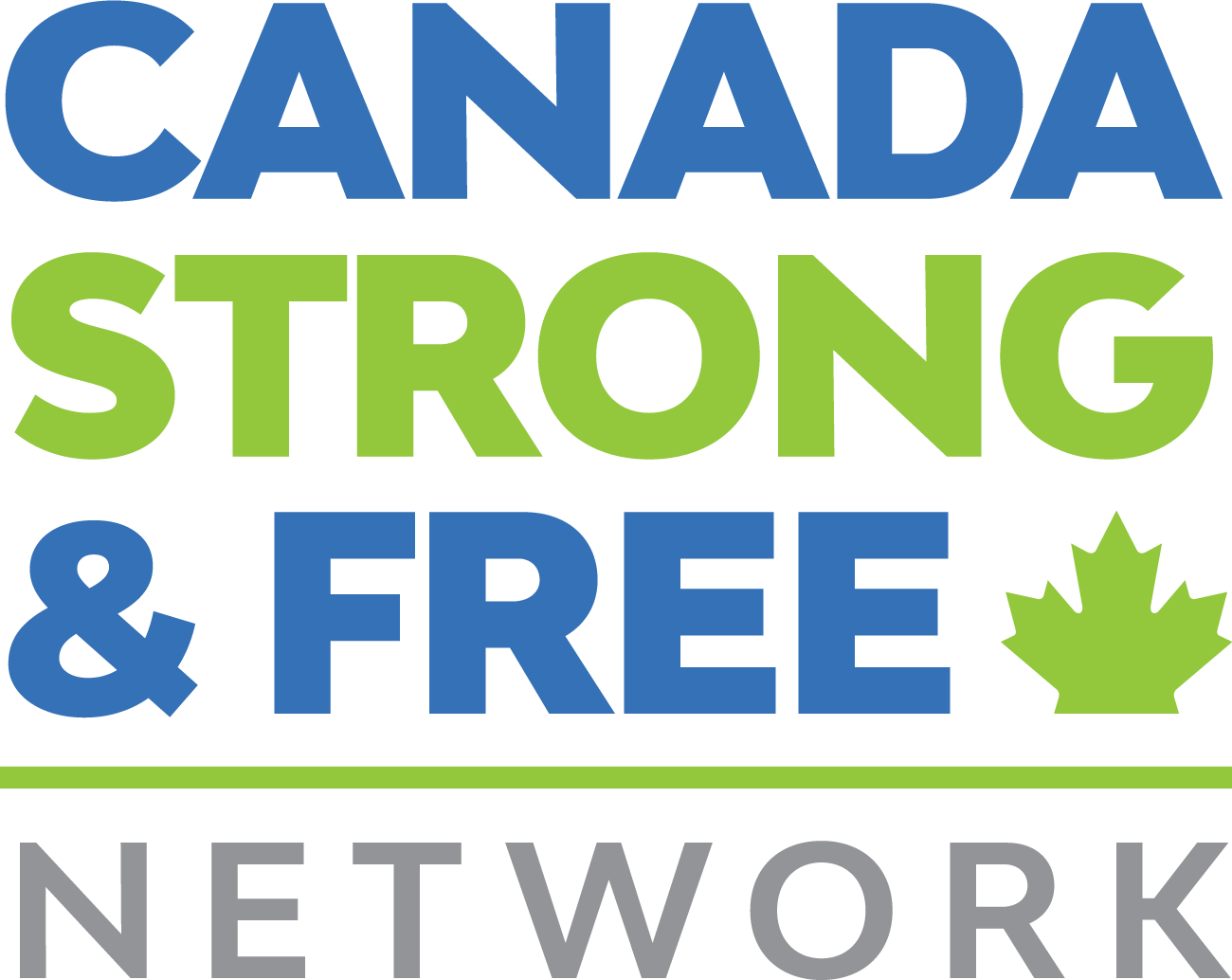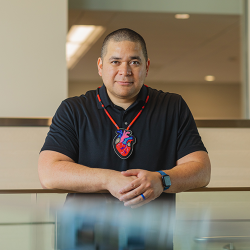Dr. Alika Lafontaine still remembers the time in his life when he was afraid to speak. With a stutter and a learning disability, childhood teachers warned he would be “lucky” to finish high school. But his mother refused to accept this prognosis, telling her son he could become anything — even a physician.
Today, as an anesthesiologist in Grande Prairie, Alberta, Dr. Lafontaine is taking the same tack with his own advocacy — using his voice to create spaces where Indigenous communities can work with physicians, politicians and policy-makers to improve Indigenous health care.
The Indigenous Health Alliance is one example of Dr. Lafontaine’s advocacy work. In 2013, he was helping Saskatchewan First Nations figure out why its residents were so sick and uncovered a gap in the quality improvement approach between Indigenous and non-Indigenous patients.
Committed to eliminating these differences across Canada, Dr. Lafontaine drafted and co-led a national strategy with territorial organizations representing 150 First Nations and several national health organizations. That proposal was then submitted to the federal government on behalf of those First Nations — the Indigenous Health Alliance — to advance health transformation.
Last fall, the federal government committed $68 million to the project, and with that money in place, Dr. Lafontaine proudly stepped back to ensure that implementation was led by First Nations.
With the support of the CMA, Dr. Lafontaine is currently building a different space — a Community of Interest on Indigenous Health — a virtual platform where he hopes physicians and First Nations communities can become sensitized to other perspectives and openly tackle topics like discrimination and racism.
In addition to his work with the CMA, Dr. Lafontaine sits on more than a dozen committees and boards related to Indigenous health and is playing an influential role in raising awareness with governments at all levels. His use of storytelling, and his descriptions of real patient encounters and his own experiences as a Métis, Oji-Cree, Pacific Islander are helping change mindsets.

